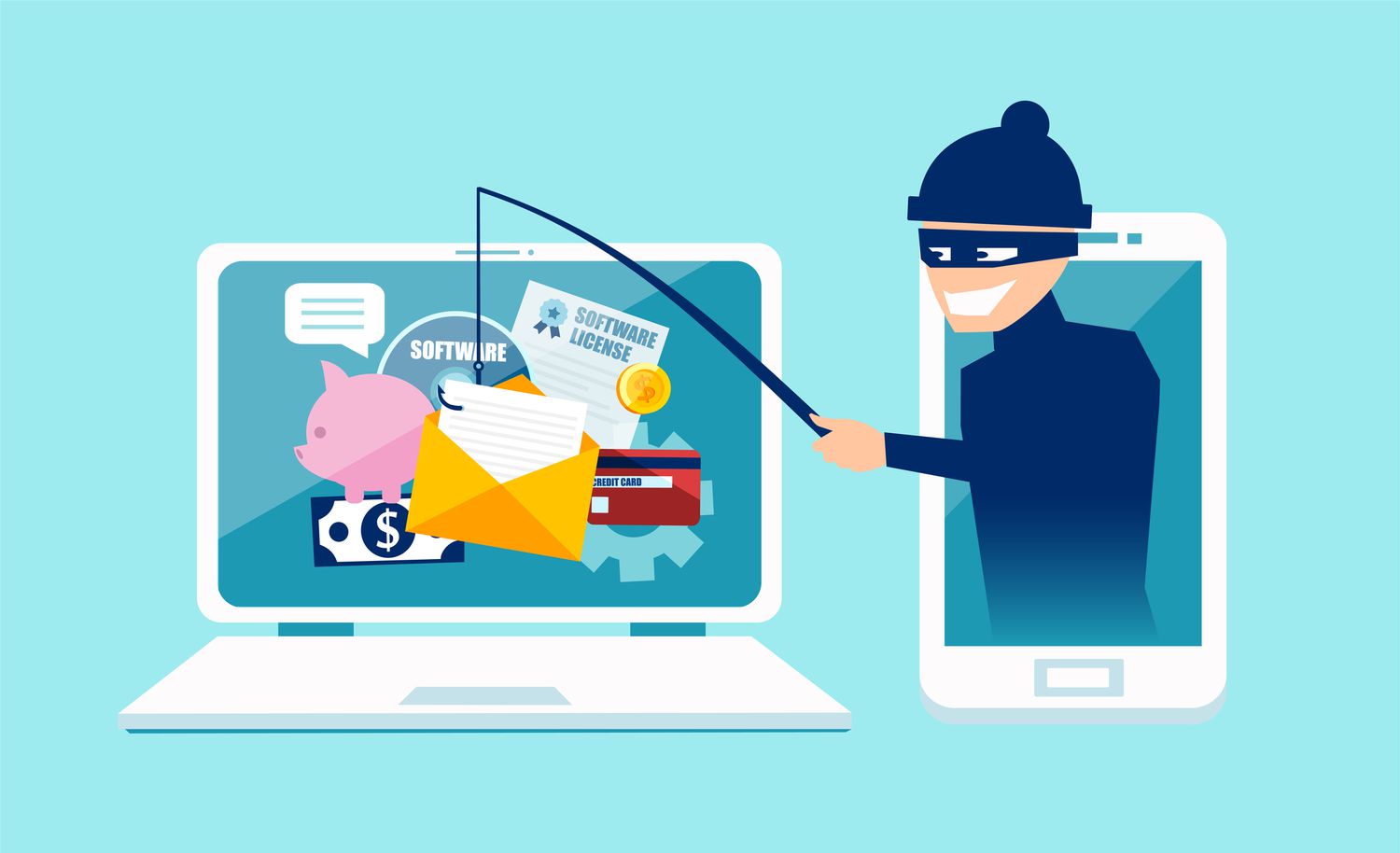In today’s digital age, online shopping and payment methods have become an integral part of our lives. With the convenience of making purchases and transferring money at our fingertips, we often overlook the potential risks associated with online transactions. Scammers are constantly devising new schemes to deceive unsuspecting individuals. To help you protect yourself from these threats, this article will shed light on the most common online payment scams and provide answers to frequently asked questions (FAQs).
FAQs on Online Payment Scams
1. What are the most common online payment scams?
The most common online payment scams include phishing, fake websites, advance-fee fraud, and payment intercepts. Phishing involves tricking you into revealing sensitive information, such as passwords or credit card details. Fake websites impersonate legitimate businesses to steal your money. Advance-fee fraud requires you to pay a fee in advance for a promised product or service that never materializes. Payment intercepts involve hacking payment processes to divert funds to the scammer.
2. How can I identify a phishing attempt?
Phishing attempts often come in the form of suspicious emails or messages. Be cautious of unsolicited messages, check for spelling and grammatical errors, and never click on links or download attachments from unknown sources. Legitimate companies will never ask for sensitive information through email.
3. How can I verify the authenticity of a website before making a payment?
Before making a payment, ensure that the website’s URL begins with “https://” and has a padlock icon in the address bar. Look for contact information, read reviews, and check for clear terms and conditions. If in doubt, research the company’s reputation and trust your instincts.
4. What is advance-fee fraud, and how can I avoid falling victim to it?
Advance-fee fraud involves paying a fee upfront for a promised product or service that never materializes. To avoid this scam, be skeptical of deals that sound too good to be true and never send money to someone you don’t trust. Research the company and its offers, and don’t rush into making payments.
5. How can I protect my payment information from being intercepted?
To protect your payment information, use secure and trusted payment methods, such as PayPal or credit cards. Keep your devices and software updated with the latest security patches. Avoid public Wi-Fi networks for sensitive transactions and use strong, unique passwords for your accounts.
6. What should I do if I suspect I’ve fallen victim to an online payment scam?
If you suspect you’ve fallen victim to a scam, act quickly. Contact your bank or payment provider to report the issue. Change your passwords and monitor your accounts for any unauthorized transactions. Report the scam to the appropriate authorities, such as your local law enforcement or consumer protection agency.
7. Can I get my money back if I’ve been scammed online?
In some cases, you may be able to recover your money, especially if you used a reputable payment method. Contact your bank or payment provider as soon as you notice unauthorized transactions. They may be able to reverse the charges and investigate the incident.
8. How can I stay safe when shopping online?
To stay safe when shopping online, always use reputable websites, read reviews, and avoid deals that seem too good to be true. Keep your devices and antivirus software up to date, be cautious of unsolicited messages, and never share sensitive information via email or text.
9. Are there any tools or services that can help me stay safe online?
Yes, there are various tools and services that can enhance your online security. Consider using a virtual private network (VPN) to encrypt your internet connection, use password manager apps to create and store strong, unique passwords, and install reputable antivirus and anti-malware software on your devices.
10. How can I educate myself and my family about online payment scams?
Educating yourself and your family is crucial in preventing online payment scams. Stay informed about the latest scams and share this knowledge with your loved ones. Encourage open communication about online safety and regularly discuss the potential risks and precautions.
In conclusion, the internet provides us with countless opportunities and conveniences, but it also exposes us to various online payment scams. By staying informed and following best practices for online security, you can protect yourself and your loved ones from falling victim to these scams. Remember, vigilance and education are your best allies in the fight against online payment fraud. Stay safe, stay informed, and enjoy the benefits of online transactions with peace of mind




